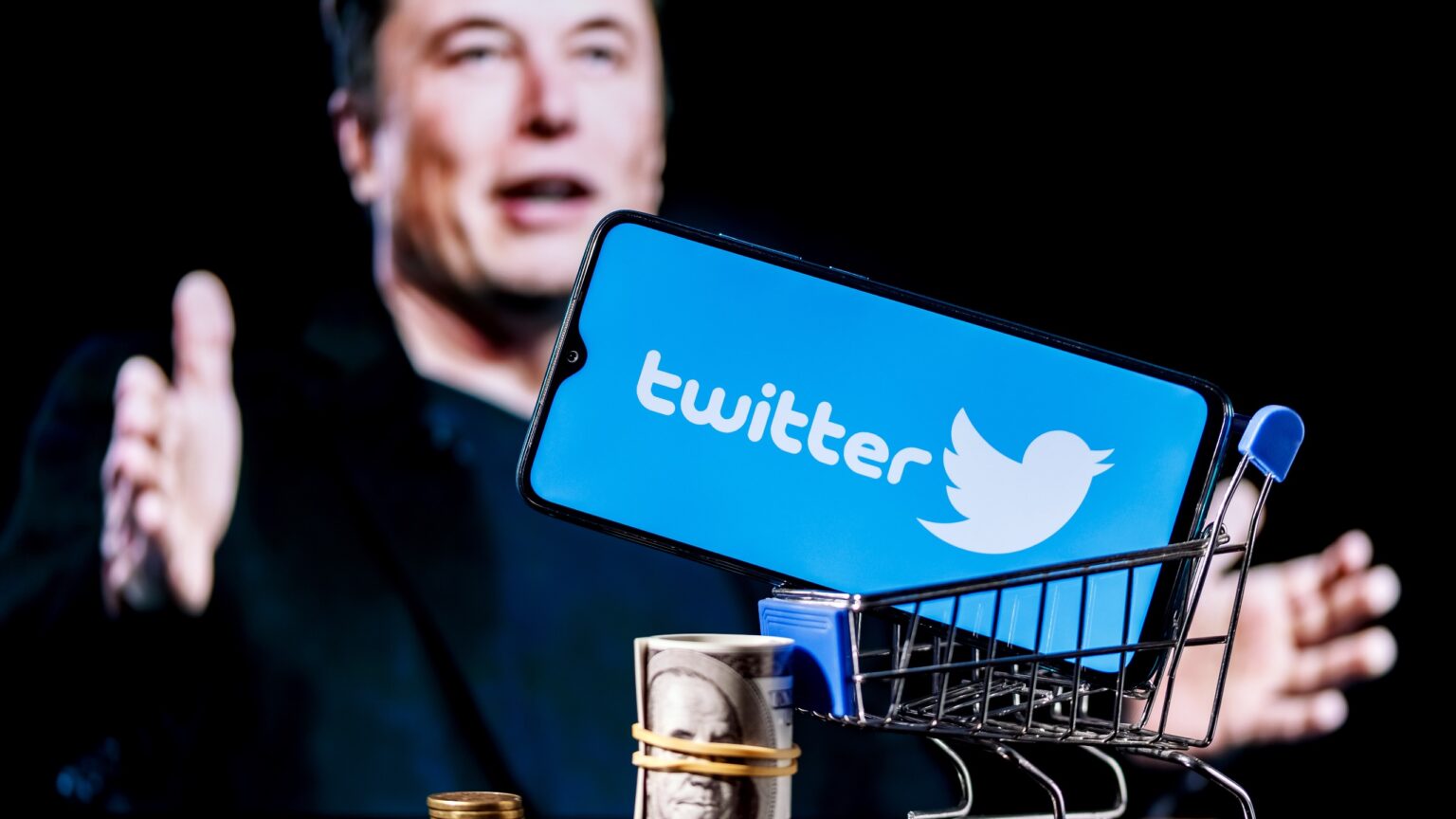Elon Musk is forging ahead with plans to turn Twitter into a payment platform and compete with Apple Pay and PayPal with the company reported to have started the licensing processes in the US.
Payments could be another way for Twitter to generate revenue, by enabling transactions between users, from which it would then take a small percentage.
However, the process is expected to take long, to get regulatory approvals.
Also read: Hiroshima Adopts Metaverse in Education
The social media platform company is hoping to complete the licensing process in the US within a year. Thereafter, Twitter will likely try getting regulatory approvals needed to expand internationally.
According to the Financial Times report which cites people close to the company’s plans, Musk wants users to be able to purchase stuff on Twitter as well as send money to each other.
The system, according to the report, will be based on fiat, although crypto functionality might be added at a later stage.
Already, Twitter is working on a system that allows users to award creators. These new features will need the company to satisfy regulatory checks, and the Financial Times says its already registered with the US Treasury as a payments processor. Furthermore, the company has also started applying for the necessary regulatory licenses in the US.
Is Elon Musk replicating WeChat?
According to a New York Times report, Musk told Twitter investors that his goal was to see Twitter bring in about $1,3 billion in payment revenues by 2028.
His broader plans are for a more functional app, which would replicate the utility of China’s WeChat, which is used by Chinese for everything from ordering groceries, to buying public transport tickets and bill payments.
The platform has become an important element, that it formed a key part of China’s Covid 19 response. Authorities used the app as means to manage people who tested positive for the pandemic and restrict their movement.
Since he purchased the social media platform for $44 billion, Musk has wanted to bring payments to Twitter, even before he owned the company, returning to the firebrand entrepreneur to payments industry where his story began. Ever since his October acquisition, a flurry of filings points to imminent plans to introduce embedded payments across service.
Payments could be the olive branch
Since his takeover, advertisers have been leaving the platform on concerns over content moderation and related issues.
Ad revenues have been in the range of $5 billion a year, but the platform was widely reported to have lost up to half its advertising commitments by November.
NPR wrote that “Chevrolet, Chipotle Mexican Grill, Inc., Ford, Jeep, Kyndryl, Merck & Co. and Novartis AG all issued statements about halting Twitter ads or were reported and confirmed as doing so,” adding their names to a longer list of advertiser defections.
Andrew Hutchinson, a content and social media manager writes that the plan could give Twitter the much needed revenue boost.
After Musk implemented cost-cutting measures that resulted in a 70% reduction in Twitter staff, the company could be on track to potentially break even this year or close. Hutchinson however says a lot has to go right to get the platform back on track.
“And with advertisers continuing to back away from Twitter spend, it’s not looking good, while subscriptions to Twitter Blue are unlikely to provide much relief, at least at this stage,” said Hutchinson.
“As such, the shift into payments can’t come fast enough, though it’ll still be some time before we see the possibility of in-app payments,” Hutchinson added.
Musk is an early platform payments innovator who formed the online bank X.com in 1999, which, through a sequence of events, became the first version of PayPal in 2001.









 and then
and then